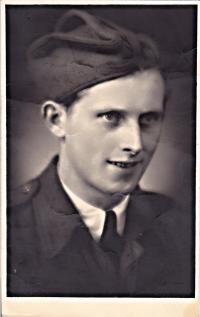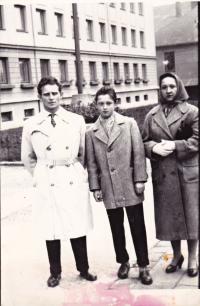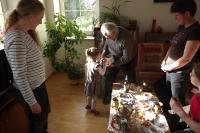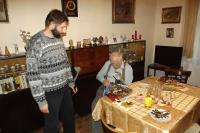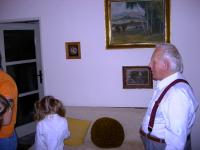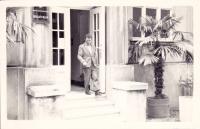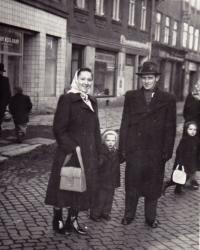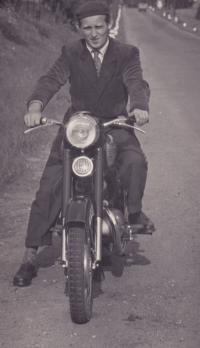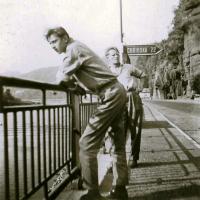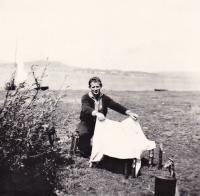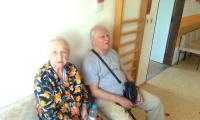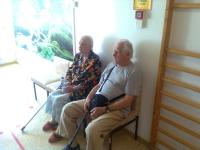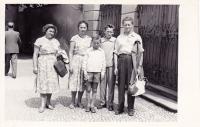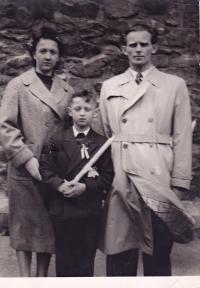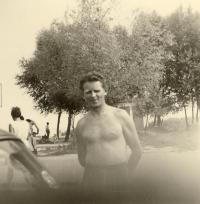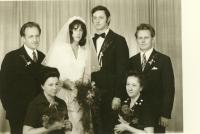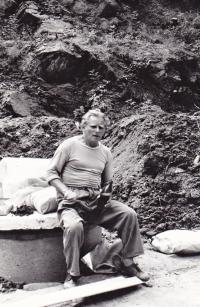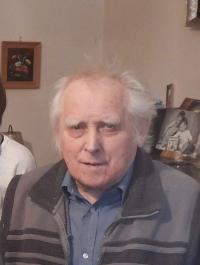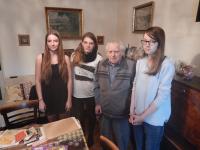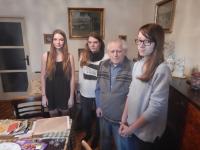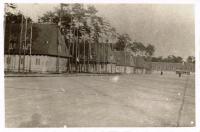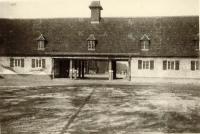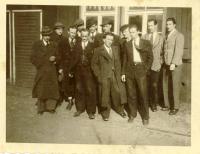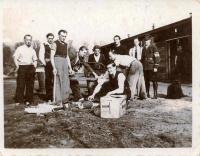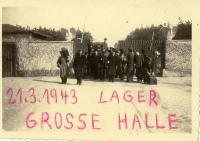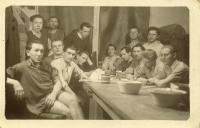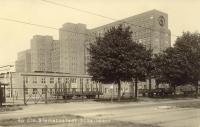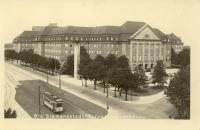We went home about 500 kilometres without a proper map, it took a month
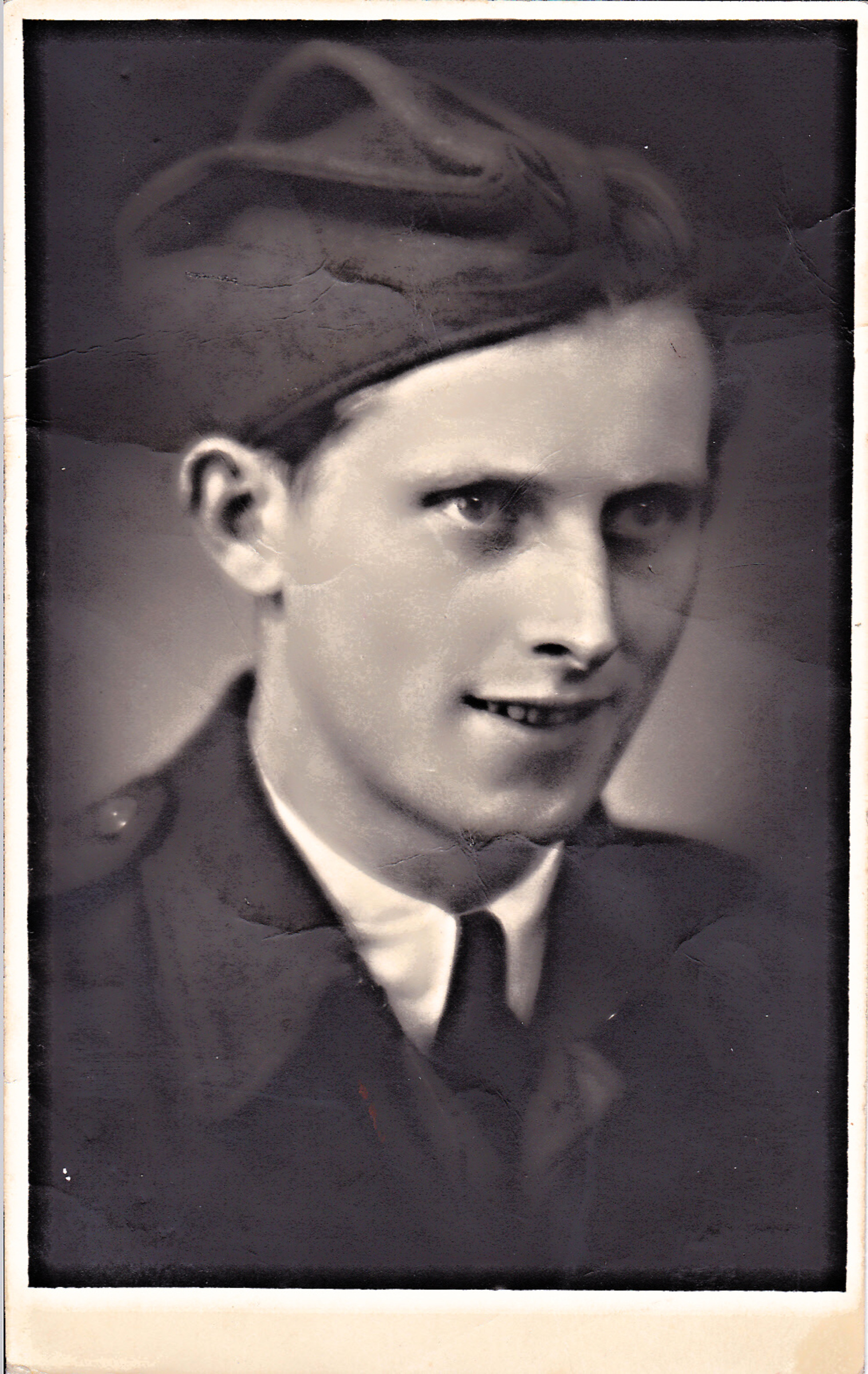
Download image
Bohuslav Svoboda was born on 6 November, 1921 in Ústí near Humpolec. Svobodas had eight children and the made their living on the farm. The witness attended an elementary school in a nearby Branišov and then also apprenticed a baker. At the end of 1930s he witness the riots in Jihlava and surroundings. He remembers demonstration of power of the Nazi Germany, marches of SA troops and Hitlerjugend in the streets. In 1942 Bohuslav Svoboda was forced to labour in Berlin. In a carpentry workshop of the company Siemens he made transporation boxes for machines. He used to get food cards and could travel along the Reich capital and the neighbourhood. The lager, where he was accommodated, and the factory was regularly bombed since 1943 by the Allies armies. He kept a diary regarding the frequency of air raids. The Germans made a part of the lager a branch of a concentration camp Sachsenhausen. The witness saw how they lead the prisoners on foot to the company Siemens, where they worked in a separated and guarded halls. In the half of February 1945 he was moved to the village of Kerkow near Angermünde to dig the trenches. In April the guards stopped watching them, so they went together with other boys to a monthly journey back home to Ústí. Then there was a five months army service in Pelhřimov. Bohuslav Svoboda worked as a baker in Jihlava and later he became the leader of the bakery. Since 1970 until retirement he was employed in the national company Motorpal Jihlava.
